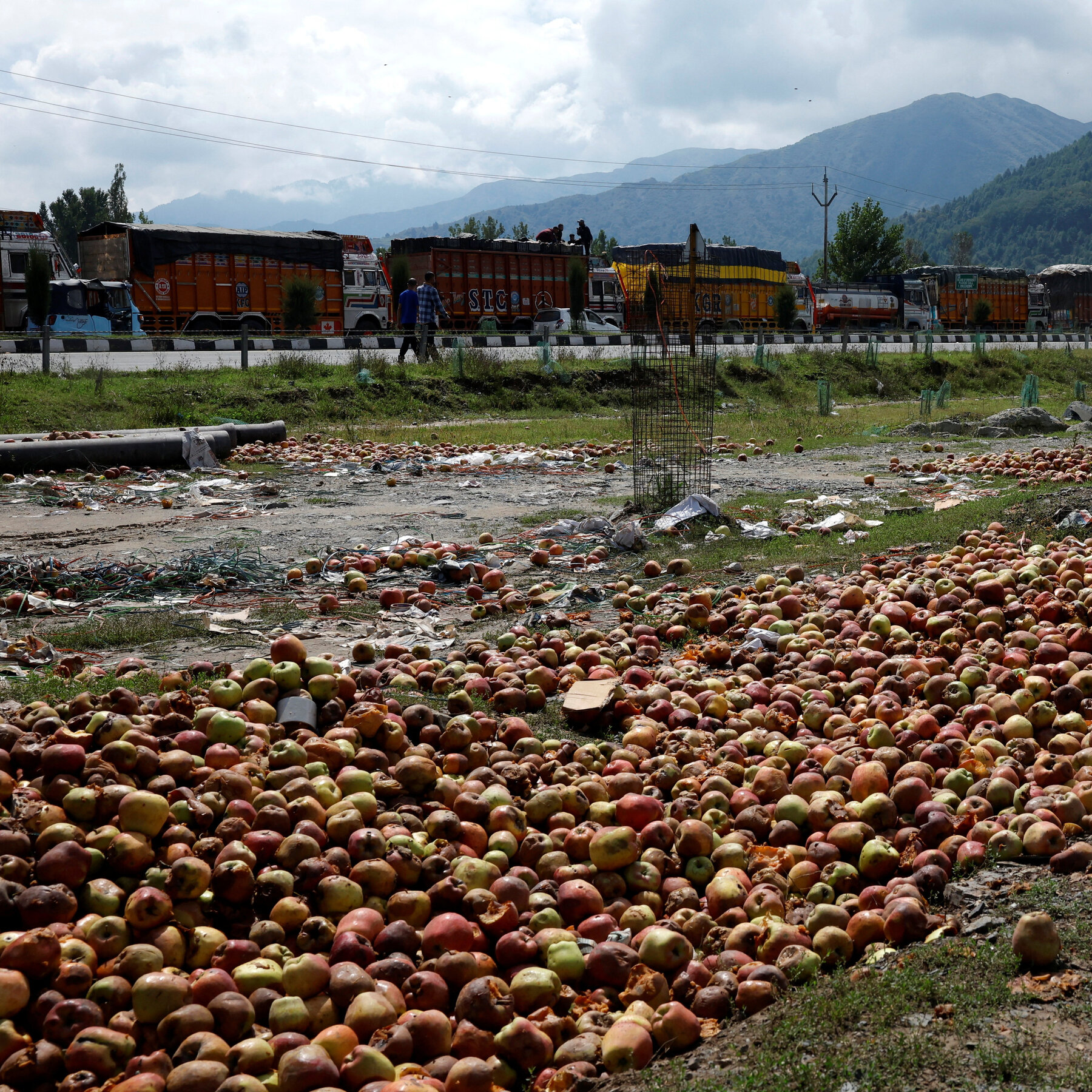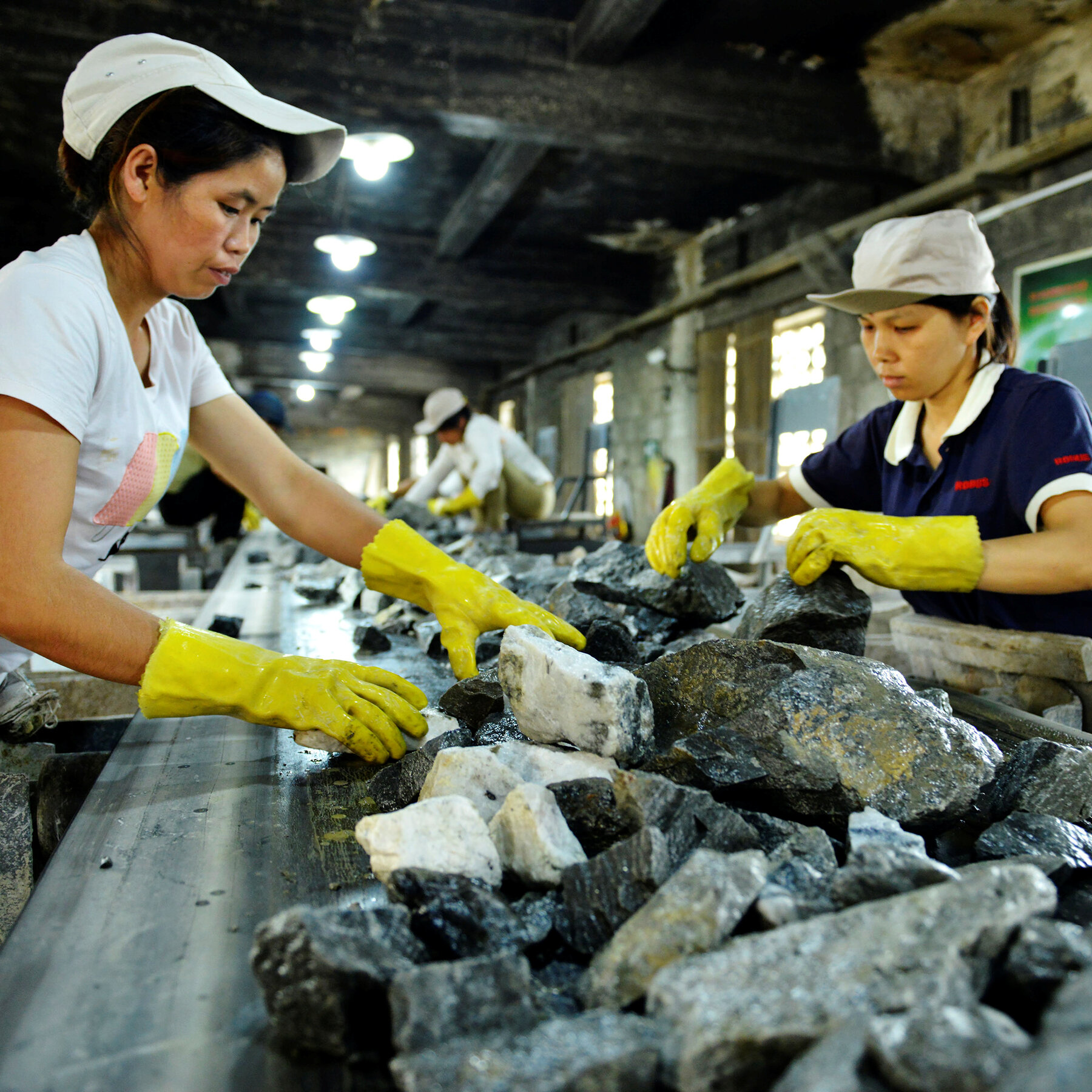Greenpeace Confronts a New Legal Challenge from Pipeline Giant
Background: A Landmark Verdict Earlier This Year
Earlier in 2024, a major North American pipeline operator secured a significant jury verdict against the environmental group Greenpeace, stemming from a defamation lawsuit over the activist’s campaign against the company’s fossil‑fuel projects.
New Move: Request to Block a Dutch Countersuit
In a surprising turn, the same pipeline company has now approached a court in North Dakota with a request to prevent Greenpeace from pursuing a countersuit that was filed in the Netherlands. The Dutch case alleges that the original verdict was obtained through procedural irregularities and seeks to overturn the judgment.
Legal Arguments
The pipeline firm argues that the Dutch proceedings violate the U.S. court’s jurisdiction over the original case and that allowing the countersuit to proceed would undermine the enforcement of the earlier verdict. Greenpeace, meanwhile, contends that the Dutch courts have the authority to review the matter under European Union law and that the original trial was marred by bias.
Potential Impact
If the North Dakota court grants the injunction, it could set a precedent for how cross‑border environmental disputes are handled, potentially limiting the ability of NGOs to seek redress in foreign jurisdictions. Conversely, a denial could empower activist groups to challenge corporate victories on the international stage.
What Comes Next?
Both parties are preparing for a series of hearings that will likely extend into 2025. The outcome will be closely watched by corporations, environmental advocates, and legal scholars alike, as it may reshape the landscape of transnational litigation involving climate‑related activism.






